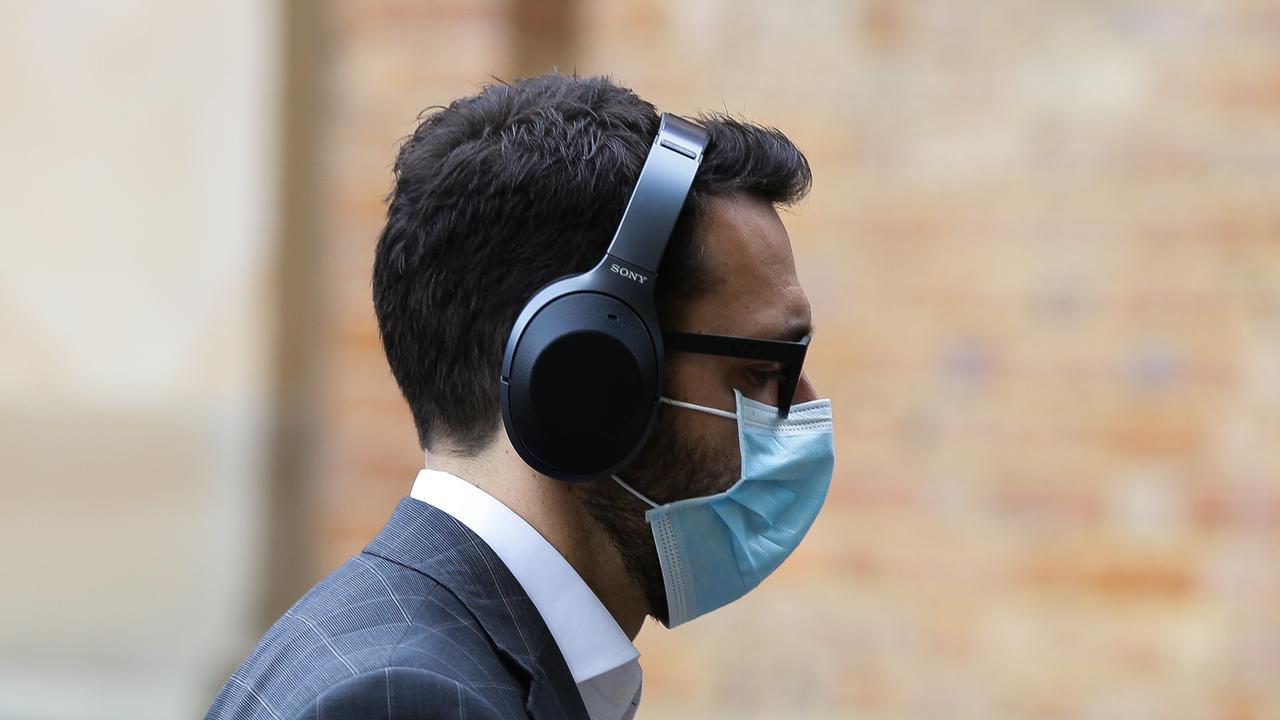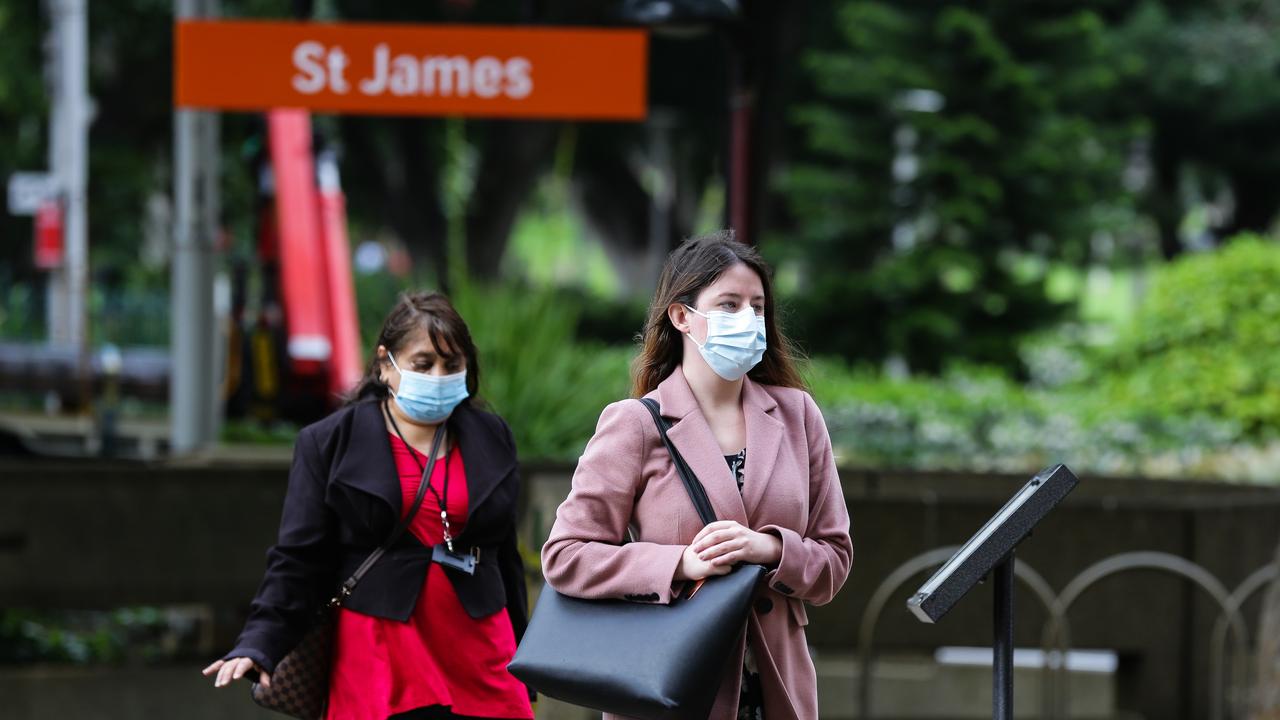‘One size fits all’ approach dangerous when it comes to personal protective equipment
Protective masks do not fit healthcare workers properly, particularly women and those of Asian descent, a new Australian study has found.

The debate around mask wearing has been a hot topic since the coronavirus pandemic began.
Now researchers claim masks don’t always fit our frontline workers properly, particularly women or those of Asian descent, putting them at risk of catching the potentially deadly disease.
Now academics are calling for more formal fit-testing procedures.
Researchers at the University of Western Australia and Perth Children’s Hospital argue hospitals lack the time and financial resources to ensure every worker has a mask that fits properly.
Co-author Professor Britta von Ungern-Sternberg said an ill-fitting mask could allow unfiltered air to be drawn inside.

The “fit-pass” rate for women is just 85 per cent compared with 95 per cent for men, while masks fit 90 per cent of caucasian workers properly, but that figure drops to 84 per cent for people of Asian descent and even lower at 60 per cent for Asian females.
The shape and size of the respirator in relation to the wearer’s facial anthropomorphic dimensions were major factors in terms of quality of fit, researchers said.
However, the study has its limits. Females and Asians were under-represented, academics confessed.
But they said the most important takeaway was triggering discussion about the difference between fit checking (when a wearer checks their own mask) and fit testing (a standardised testing measure).
The authors said fit testing should form part of official hospital occupational health and safety programs.

According to the European Centre for Disease Prevention and Control, filtering facepiece respirators require a fit test to ensure proper protection.
But despite international guidelines, fit testing is not adopted in many countries including in Australia.
Some companies do offer fit testing at a hefty price which authors said is similar to in-person mandatory training.
“The COVID-19 pandemic has highlighted deficiencies of some healthcare facilities to protect their HCWs in line with national and international recommendations, and the requirement for formal fit-testing programs appears to be particularly important,” the study authors noted.



